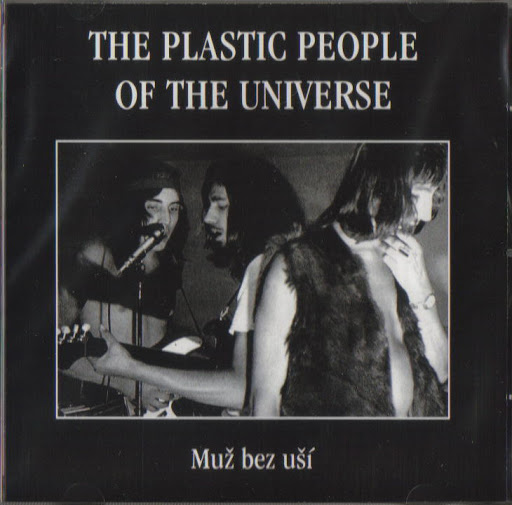HUMS 313, Modernities: Philosophy of Dissent in Central and Eastern Europe

Course Description:
HUMS 313. This is a seminar in the field of European intellectual history, based on primary sources. It focuses on how philosophers, novelists, sociologists, and other thinkers developed and articulated a philosophy of dissent under communism. More specific topics include the relationships between temporality and subjectivity and between truth and lies, and the role that existentialism played in formulating philosophical critiques of repression. Readings consist of a mixture of philosophical and literary works from the Soviet Union, East Germany and the lands in-between. Potential authors include Merab Mamardashvili, Danilo Kiš, Józef Tischner, Adam Michnik, Jacek Kuroń, Ladislav Hejdanek, Václav Havel, Jan Patočka, Leszek Kołakowski, Gajo Petrović, Norman Manea, Lev Kopelev, Igor Pomerantsev, Tomas Venclova.
Led by:
|
|
Professor Marci Shore teaches European cultural and intellectual history. She is the author of The Taste of Ashes: The Afterlife of Totalitarianism in Eastern Europe (Crown, 2013), Caviar and Ashes: A Warsaw Generation’s Life and Death in Marxism, 1918-1968 (Yale University Press, 2006) and the translator of Michal Glowinski‘s Holocaust memoir The Black Seasons (Northwestern University Press, 2005). Her newest book is titled The Ukrainian Night: An Intimate History of Revolution Yale University Press); she is also at work on a longer book project titled Phenomenological Encounters: Scenes from Central Europe. Among her articles and essays are “Czysto Babski: A Women’s Friendship in a Man’s Revolution” and “Engineering in the Age of Innocence: A Genealogy of Discourse Inside the Czechoslovak Writer’s Union, 1949-1967,” in East European Politics and Societies; “Children of the Revolution: Communism, Zionism, and the Berman Brothers” in Jewish Social Studies; “Conversing with Ghosts: Jedwabne, Zydokomuna, and Totalitarianism” in Kritika: Explorations of Russian and Eurasian History; “Tevye’s Daughters: Jews and European Modernity” in Contemporary European History; “When God Died: Symptoms of the East European Avant-Garde-and of Slavoj Zizek” in Slovo a smysl/Word and Sense: A Journal of Interdisciplinary Theory and Criticism in Czech Studies; and “Man liess sie nicht mal ein paar Worte sagen,” in the Frankfurter Allgemeine Zeitung, “(The End of) Communism as a Generational History” in Contemporary European History; “‘If we’re proud of Freud…: The Family Romance of Judeo-Communism” in East European Politics and Societies; (Modernism in) “Eastern Europe” in The Cambridge Companion to European Modernism; “On Cosmopolitanism and the Avant-Garde, and a Lost Innocence of Mitteleuropa” in Utopia/Dystopia; “Narcissism and Its Discontents” in European Studies Forum; and “Can we see ideas? On evocation, experience, and empathy” in Modern European Intellectual History. |
